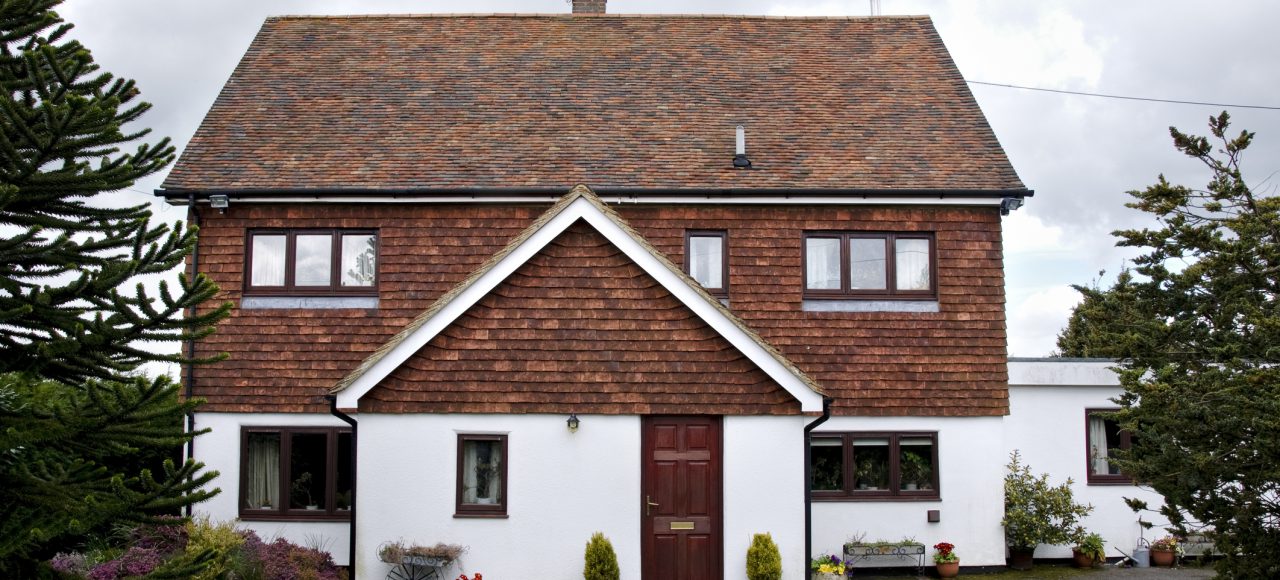The court is reluctant nowdays to allow one party a right of residence for a long period of time in the family home when there is a large amount of equity in the home.

Recently Property prices have been continually been increasing over the last 10 years. This is especially true in Dublin. This has had a curious knock on effect on Divorce cases In Dublin which is that neither party can afford to buy the other spouse’s interest in the home. Frequently and not unnaturally, people become attached to their family home. They have made it a home, improved it, decorated it, perhaps extended it and raised their children in the property. In addition, the location has become ideal especially for the children’s school, friends, GAA teams etc. So neither party wants to leave but what happens when the court is faced with the conundrum that the neither party can purchase the other persons interest in the home but the court must make proper provision to allow both spouses rehouse themselves and provide both spouses with access to their children.
Our case study address’s this very situation. A couple with two children residing together in a renovated property in a nice area in Dublin, unfortunately no longer wish to remain married and hence commence divorce proceedings. The Children are young and still in National School. One Spouse is in State employment with a pension and one Spouse is in a higher paying private job with a substantial pension pot. The Home has increase substantially in value in the last number of years. The Spouse with the state job wish’s to remain in the home but cannot afford to take over the mortgage and buy out the other spouse’s interest.
The court is reluctant nowdays to allow one party a right of residence for a long period of time in the family home when there is a large amount of equity in the home. The Court prefers a break and doesn’t think it a great idea to have divorced couples owning property together for many years. It becomes difficult as the non residing spouse is precluded from moving on in life and will not be able to obtain a mortgage to obtain a new home. It can be seen not fair for that person to be dependent on the rental market in today’s housing crisis. They may wish to settle down with a new partner and to force this situation on someone in their early forties can have the effect of making them unable to ever own a property in their lifetime.
In this case, both parties were ably represented by solicitor and barristers and negotiations were quite fraught at times. As ever in these cases, neither party was particularly happy as one the one hand the house was sold but the proceeds were divided substantially more in favour of the spouse in public service. This was to reflect the other spouse’s wish to retain his entire pension pot.
When these cases are settled in this way, very specific orders are made ie the date the property is to be put up for sale, who the Estate Agent is, which solicitor has carriage of sale and that if one party refuses to sign the Deeds of transfer, that the County Registrar (court) can sign the papers to effect the transfer. An order for maintenance was also made with respect for the children against the privately employed Spouse. These maintenance orders are very specific and include reference to who pays for future orthodontic and medical treatments.
This case was settled in advance of a hearing date being fixed in the case. What happens in this case is that both legal teams and clients meet in the Four Courts (Dublin Case) and trash out the agreement over several hours. In other cases, the case is only settled as the case is about to begin which can add additional costs to the case. Ultimately other people require a full hearing and a judge will ultimately decide whether/when the house is sold.
If you need any help, please feel free to email us. We will get back to you within 1 business day. Or if in hurry, just call us now.
enquiries@thefamilypractice.ie Mon – Fri 09:00-17:00
Call : 012119272
| Cookie | Duration | Description |
|---|---|---|
| _ga | 2 years | The _ga cookie, installed by Google Analytics, calculates visitor, session and campaign data and also keeps track of site usage for the site's analytics report. The cookie stores information anonymously and assigns a randomly generated number to recognize unique visitors. |
| _ga_29GPYN3VDQ | 2 years | This cookie is installed by Google Analytics. |
| _ga_7G0HSMG8NR | 2 years | This cookie is installed by Google Analytics. |
| _gat_gtag_UA_183480259_2 | 1 minute | Set by Google to distinguish users. |
| _gat_gtag_UA_201614712_1 | 1 minute | Set by Google to distinguish users. |
| _gcl_au | 3 months | Provided by Google Tag Manager to experiment advertisement efficiency of websites using their services. |
| _gid | 1 day | Installed by Google Analytics, _gid cookie stores information on how visitors use a website, while also creating an analytics report of the website's performance. Some of the data that are collected include the number of visitors, their source, and the pages they visit anonymously. |
| Cookie | Duration | Description |
|---|---|---|
| test_cookie | 15 minutes | The test_cookie is set by doubleclick.net and is used to determine if the user's browser supports cookies. |
| Cookie | Duration | Description |
|---|---|---|
| m | 2 years | No description available. |
